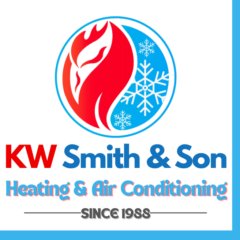MENU
Since 1988, KW Smith & Son has been dedicated to delivering honest and efficient HVAC solutions. From the beginning, we recognized the opportunity to provide reliable service by maintaining transparency and straightforwardness with our customers.


